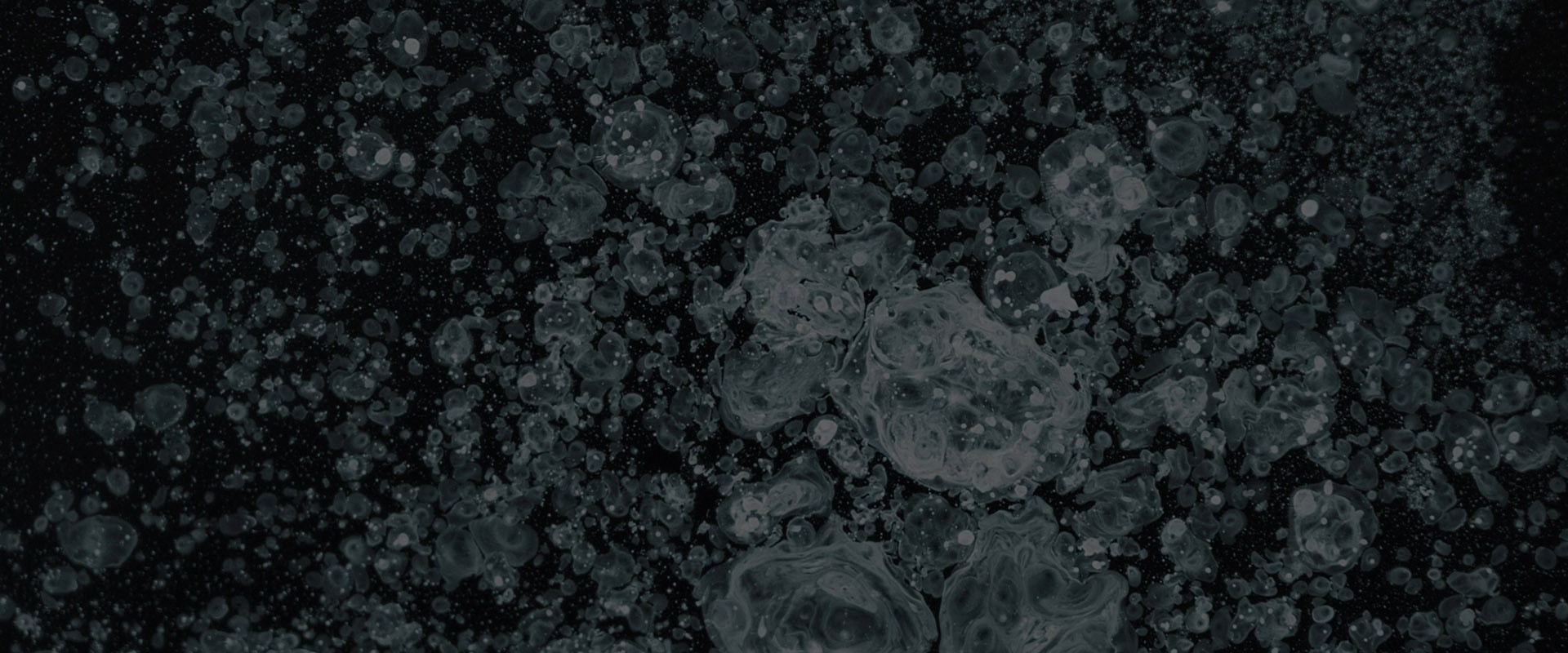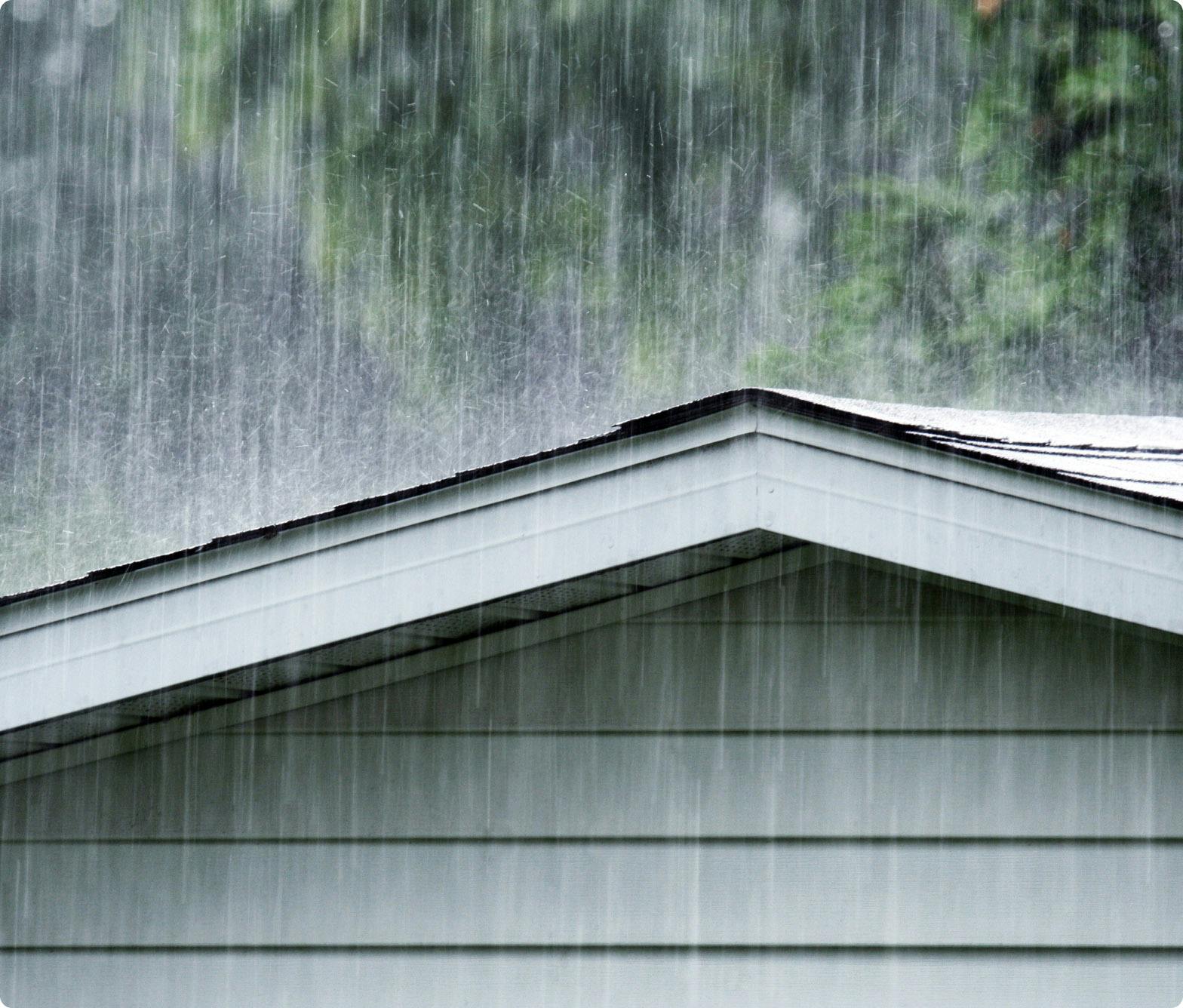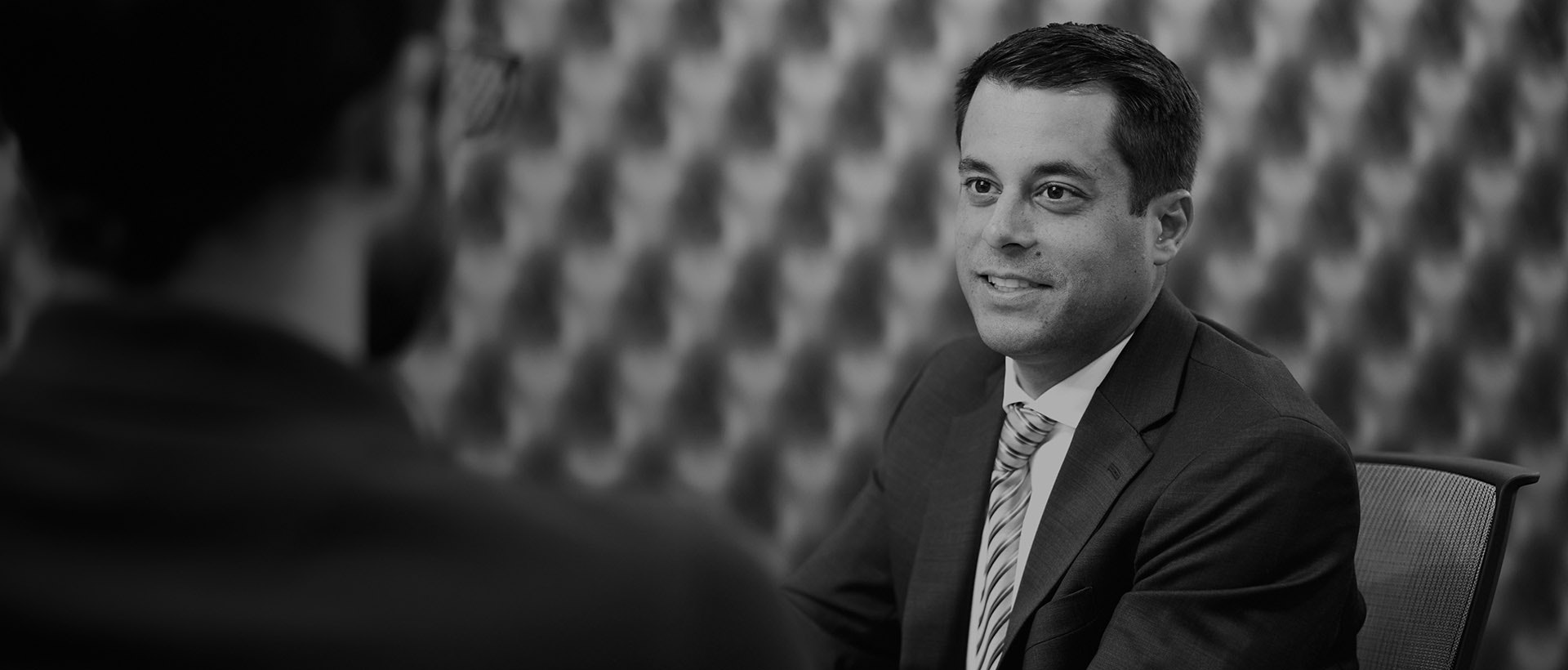Storms frequently occur in many areas, leading to significant damage and costly repairs. The aftermath of hurricanes and other natural disasters often involves complex insurance claims and legal disputes.
The Nature of Storm Damage
Certain geographical locations, such as Orlando, are particularly vulnerable to hurricanes, tropical storms, and other severe weather events. These can result in extensive property damage, including roof damage, broken windows, and severe structural problems. Secondary issues like mold, electrical hazards, and weakened building integrity often contribute to the initial damage. For instance, a hurricane can cause significant roof damage, leading to water leaks and mold growth, further weakening the building's structure.







